Rwanda’s Local Environmental Leaders Bring Grassroots Climate Voices to the Global Stage Ahead of COP30
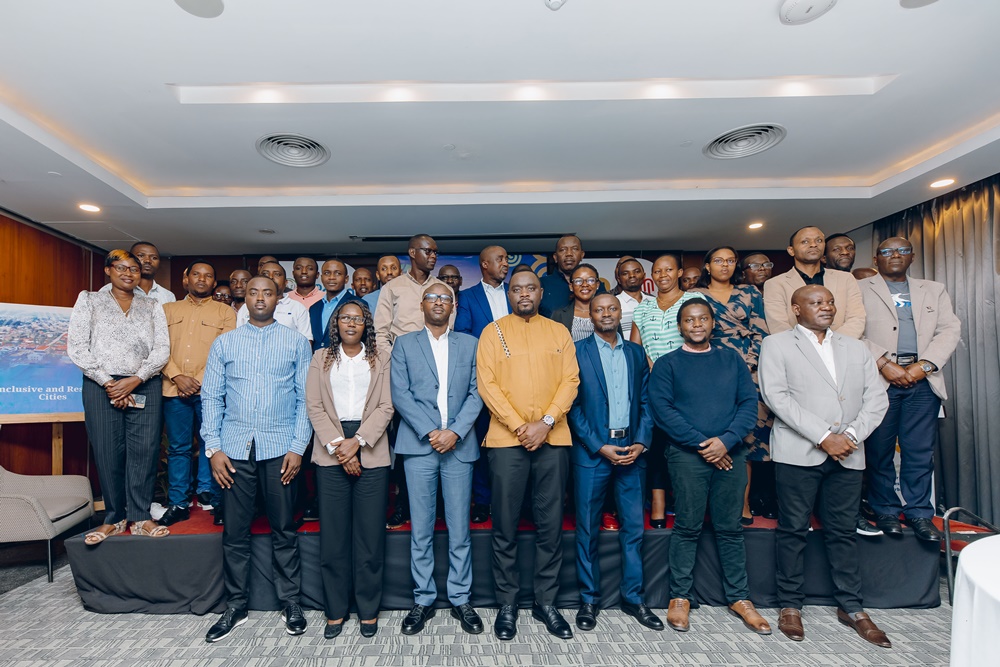
As Rwanda prepares to present its third Nationally Determined Contribution (NDC3.0) at the upcoming COP30, scheduled for November 2025 in Belém, Brazil, local environmental officers are making sure community experiences and priorities shape the nation’s climate commitments.
At the first-ever Town Hall COP held in Kigali on October 10, 2025, environmental officers from districts across the country joined national leaders and international partners to discuss how Rwanda’s climate actions can be localized and strengthened from the ground up. The dialogue, co-organized by the Rwanda Association of Local Government Authorities (RALGA) and ICLEI Africa, was designed to bridge the gap between community realities and global policy goals.
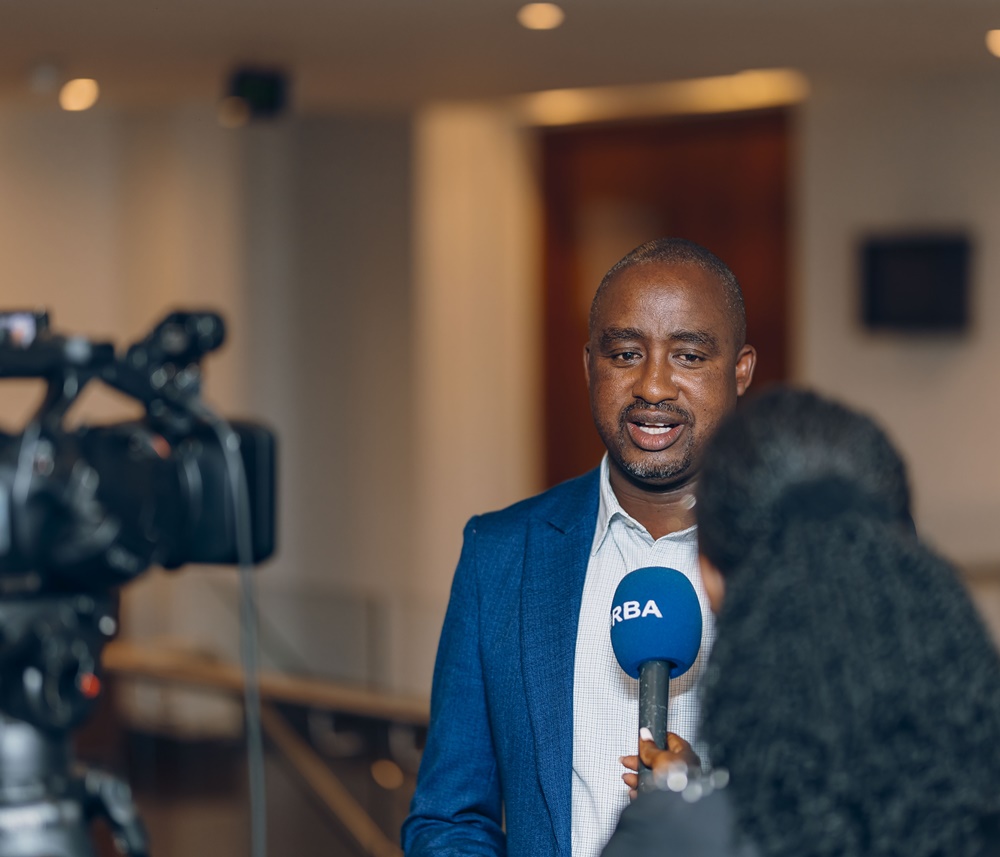
“The government sets policies and broad guidelines that need to be implemented in terms of protecting the environment and dealing with climate change,” said Eng. Emile Mukunzi, Environmental Officer in Bugesera District. “But the district level, because it is the one closest to the people, is the one that implements them.”
Bugesera, one of the districts most vulnerable to drought and heat stress, has been implementing several community-based initiatives aligned with national policies. These include promoting fuel-saving stoves, subsidizing gas purchases to reduce deforestation, encouraging rainwater collection from rooftops, and supporting irrigation projects to ensure food security even in dry seasons.
“Our actions are productive,” Mukunzi explained. “If people did not get a good harvest, we help them set up irrigation so they can feed their families and sell at the market. We also train them in environmentally friendly agriculture, which improves yields.”
However, he said the biggest challenge remains limited financing. “Climate change is a widespread issue that threatens the entire world. All these projects require money, but sometimes the government and partners have limited resources.”
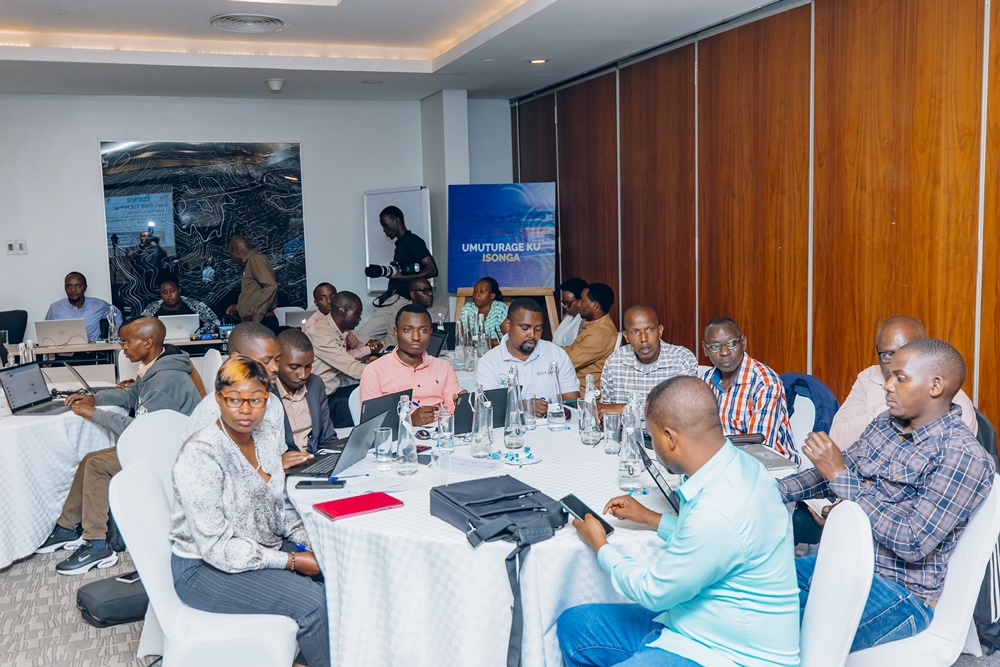
A similar story emerges in Karongi District, where steep hillsides and heavy rainfall have made soil erosion and landslides a recurring concern.
“We help residents understand what climate change is,” said Berthilde Uwingeneye, Karongi’s Environmental Officer. “Once they have that knowledge, we show them strategies to conserve the environment, like planting trees, terracing, and collecting rainwater.”
Uwingeneye said these efforts have already yielded visible results. “In the past, floods claimed people’s lives, but now their frequency has decreased.”
Still, she noted persistent challenges, including low community awareness and premature destruction of replanted forests. “Even when we plant trees, some people cut them before maturity,” she said.
At the national level, officials say such grassroots experiences are vital to shaping the country’s position at COP30, where Rwanda will advocate for stronger global support to meet its climate goals.
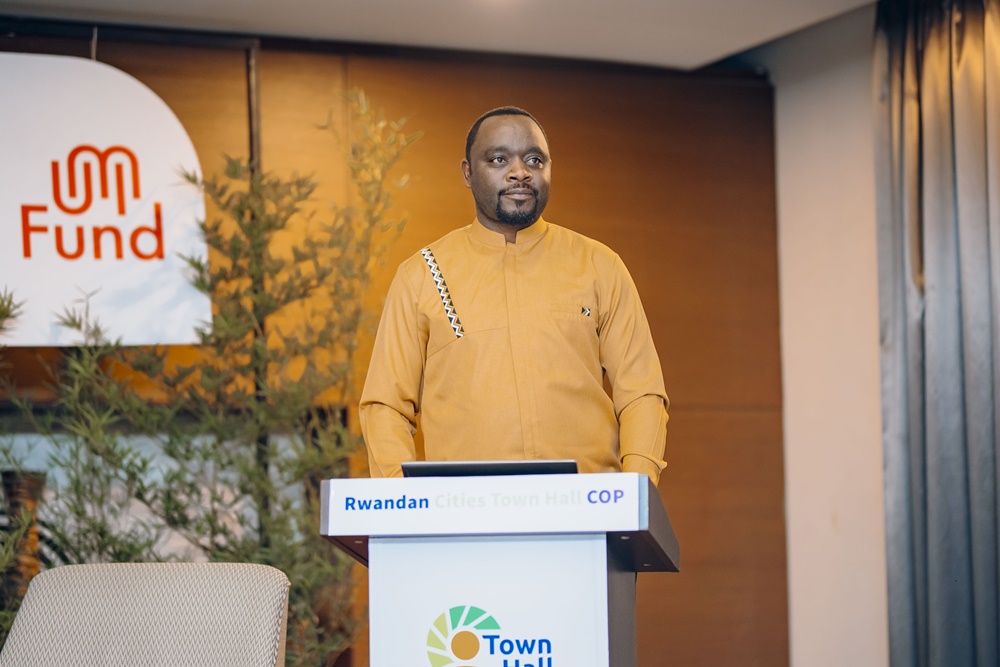
“This event provides a unique opportunity to consolidate local government priorities to effectively inform COP30,” said Thadée Twagirimana, Acting Director General for Environment and Climate Change at the Ministry of Environment.
Twagirimana outlined Rwanda’s six key priorities for COP30, noting that they capture both the country’s development ambitions and its grassroots realities. At the top of the agenda is climate finance, which seeks to mobilize sufficient funding to implement both national and local climate initiatives. The country will also focus on adaptation and resilience, strengthening communities’ ability to cope with floods, droughts, and other climate shocks that continue to affect lives and livelihoods.
Another priority is expanding carbon markets, ensuring that Rwanda benefits from global mechanisms that reward efforts to cut emissions. The government will also emphasize loss and damage, highlighting the economic and human toll of climate-related disasters that have become more frequent in recent years. On mitigation, Rwanda aims to reduce emissions by 53 percent by 2035 under its upcoming NDC3.0 framework.
Finally, Twagirimana said Rwanda will champion a just transition, promoting renewable energy and inclusive climate solutions that protect livelihoods and leave no one behind.
“Our interventions must reflect the realities on the ground,” Twagirimana emphasized. “To ensure success, the NDC must strongly incorporate grassroots information.”
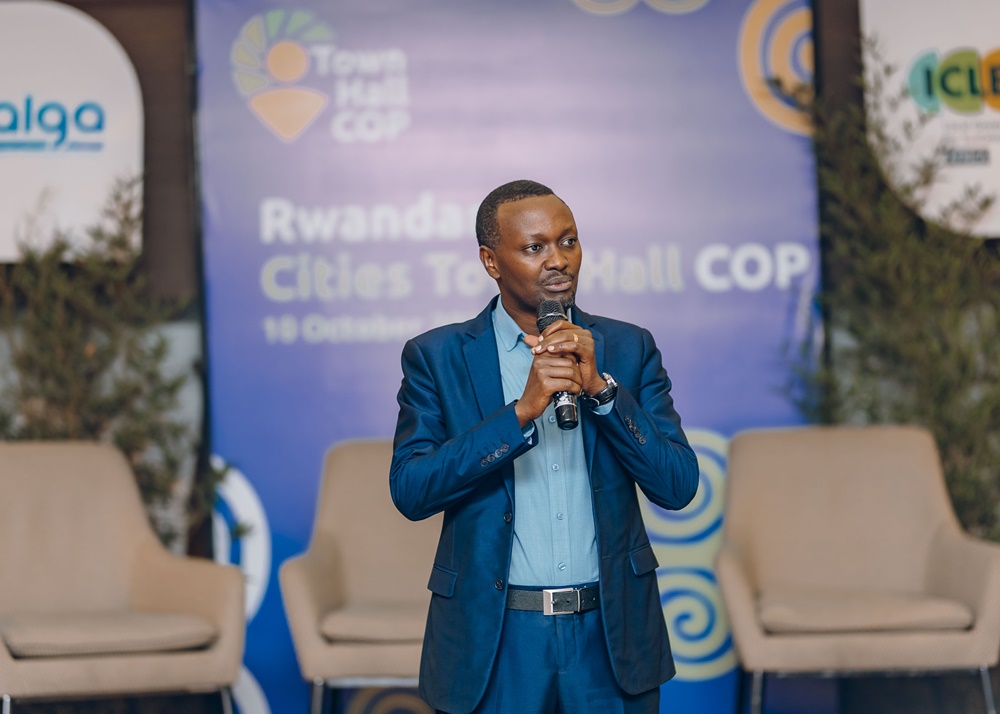
For RALGA, which represents local authorities nationwide, the Town Hall COP offers a timely platform to ensure local governments have a say in shaping Rwanda’s global commitments.
“Through this platform, local governments are making a meaningful contribution to national and global climate action,” said Augustin Munyaneza, RALGA’s Director for Policy Analysis and Advocacy. “Our country’s ambitions to achieve 70 percent urbanisation and a carbon-neutral economy by 2050 reflect our strong commitment to sustainable development.”
The Town Hall COP model, designed to connect community voices to international climate dialogues, is a new concept in Rwanda. It ensures that national climate plans and global negotiations like COP30 are informed by the lived experiences of those most affected by climate change.
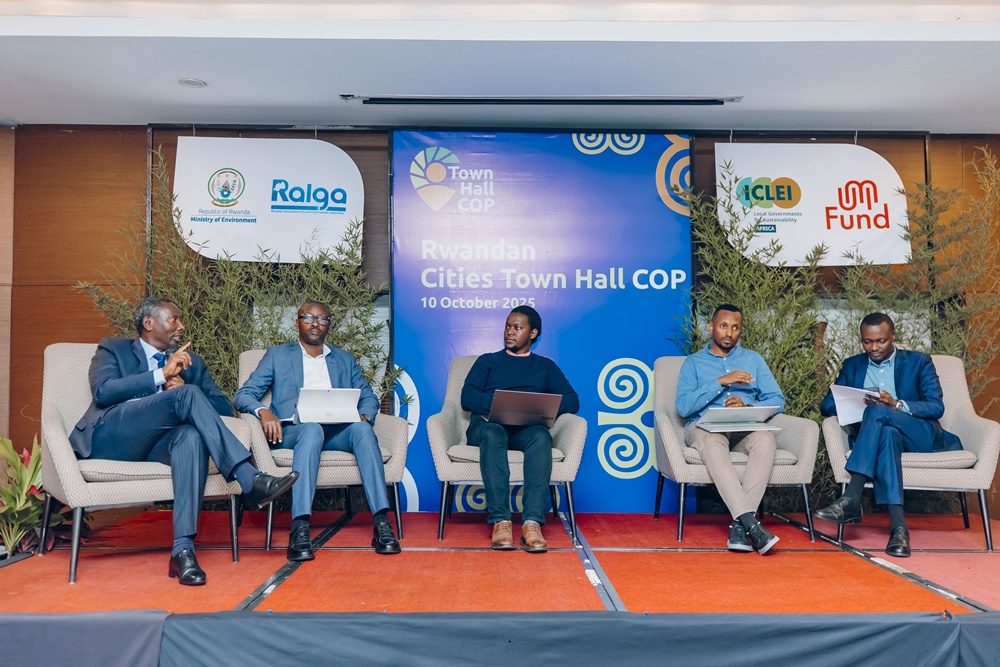
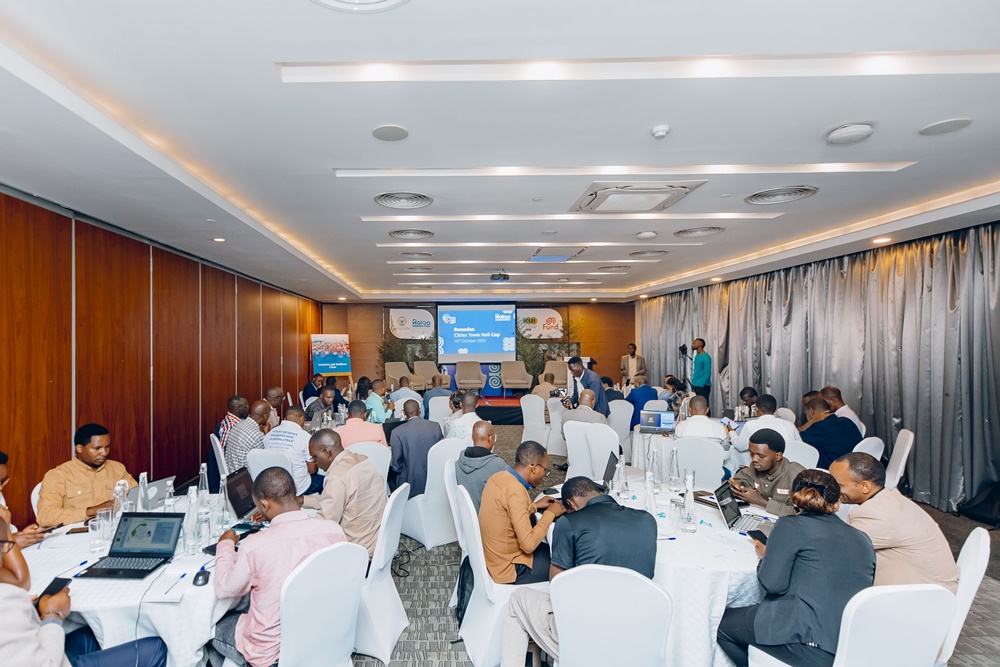
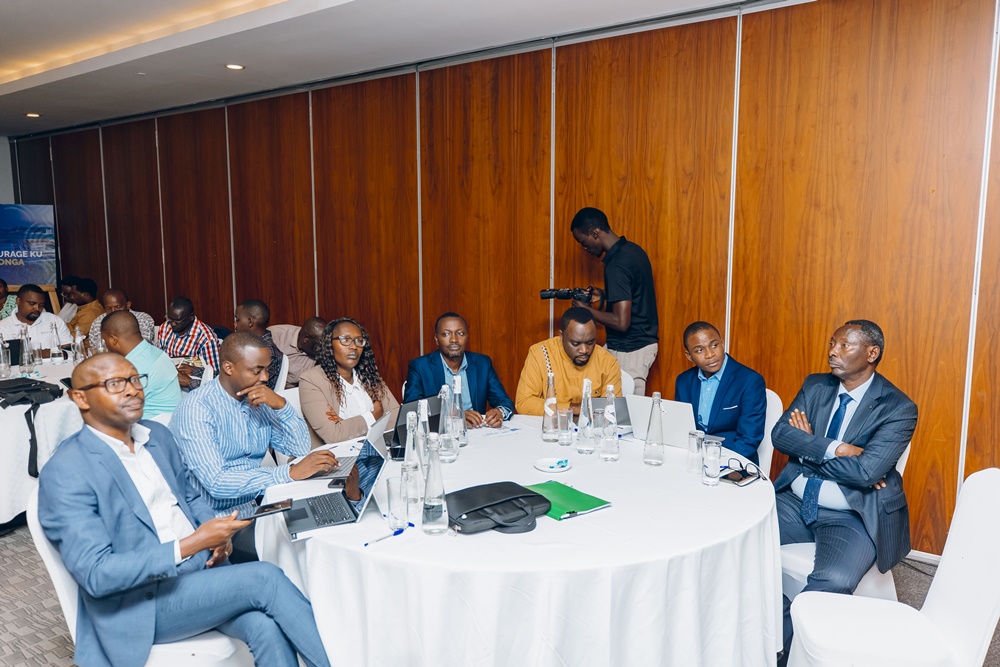
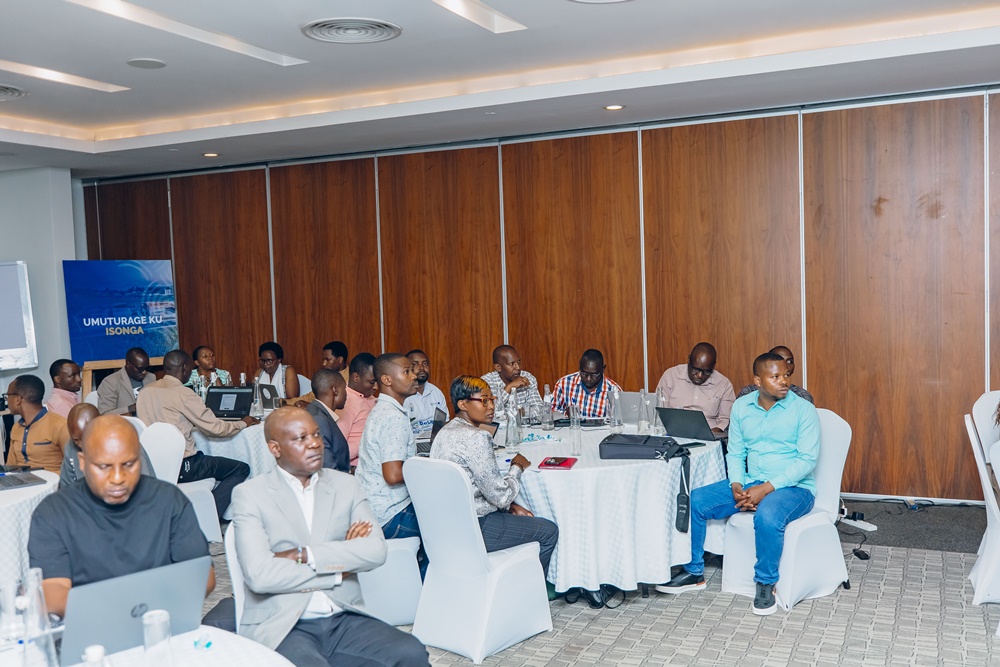

SUBSCRIBE TO OUR NEWSLETTER












